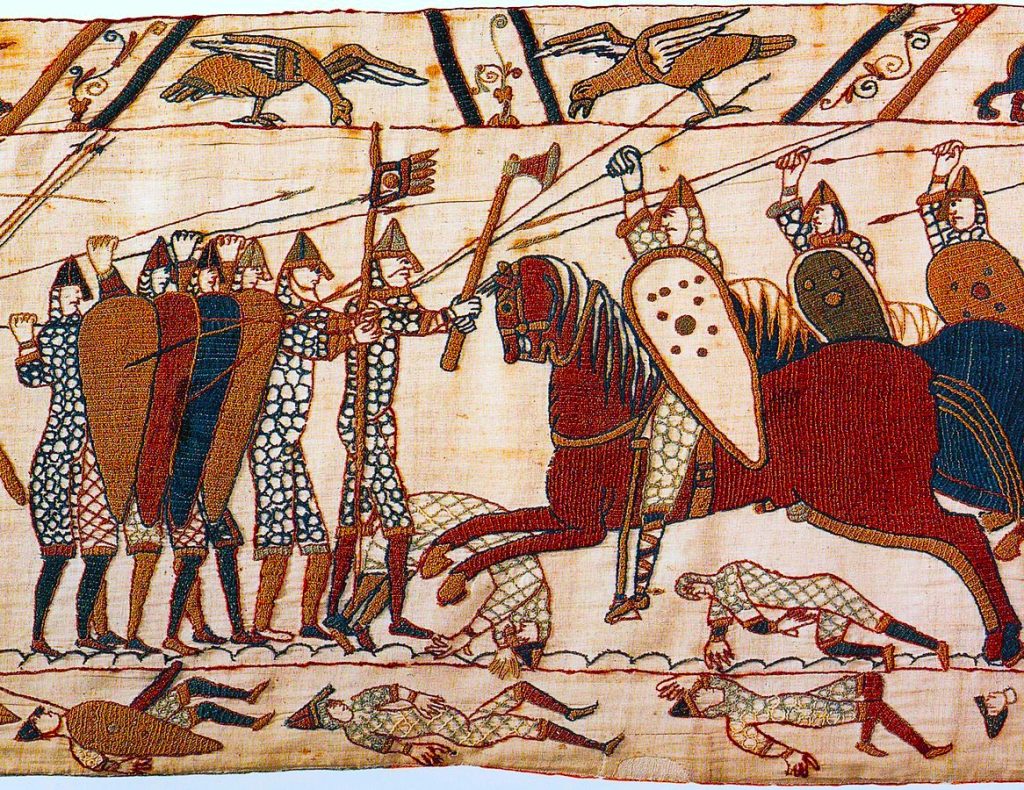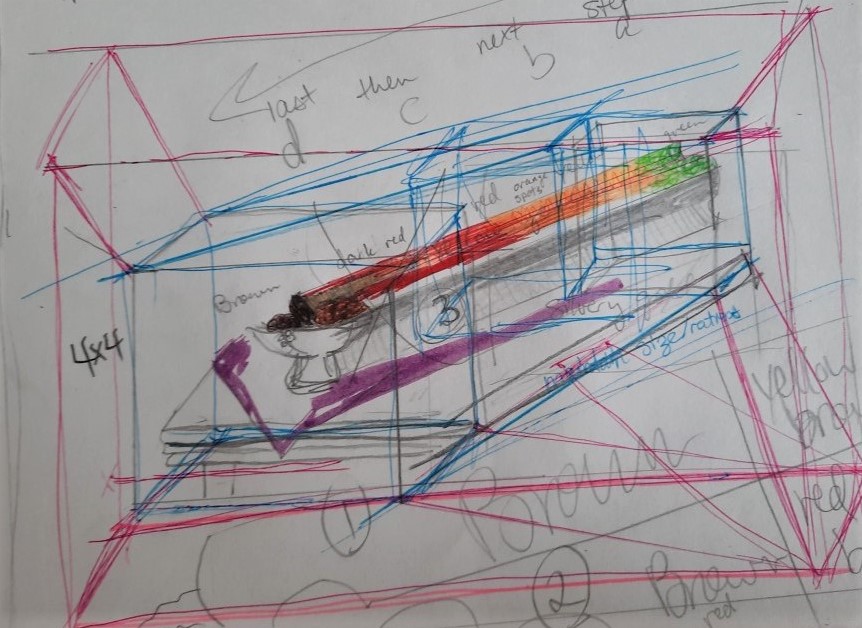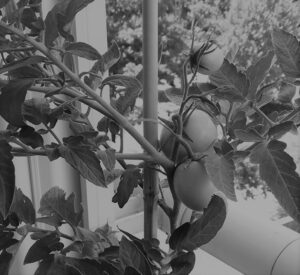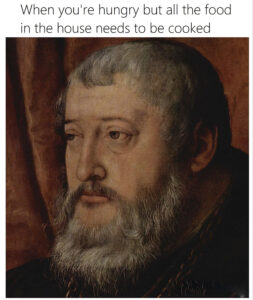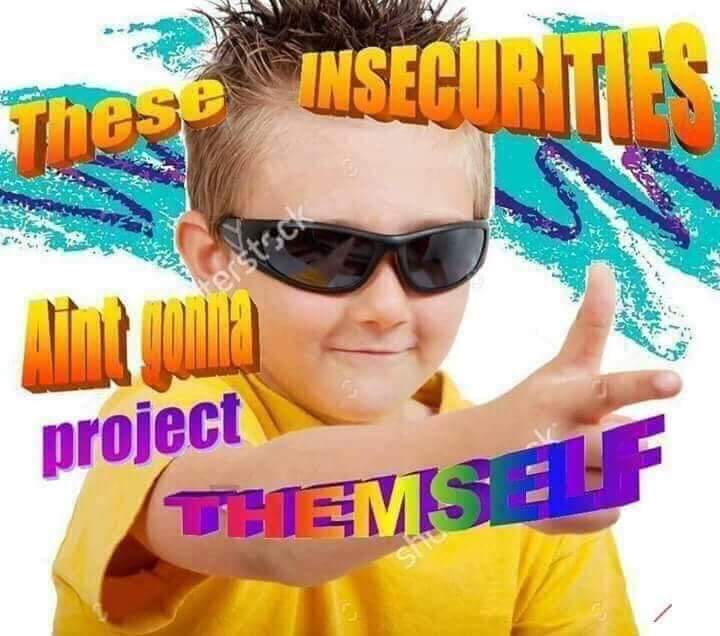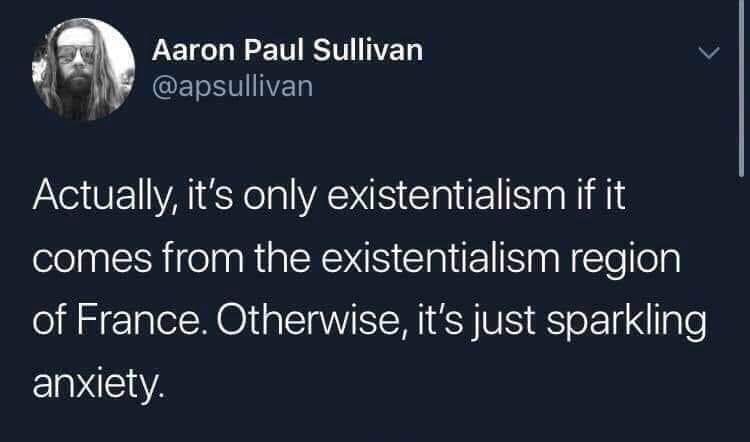Combined, the ideas in the texts The Political: the Rational Meaning of a Questionable Inheritance of Political Theology and An Awareness of What is Missing by Jürgen Habermas suggest the maintenance of peace and stability in postmetaphysical liberal democratic societies requires both a freedom of expression and a way to defer to religious content within political debate. Overall, Habermas articulates the causal relationship between secularized political spheres and societal destabilization, where a lack of connection to faith, spirituality, and religious meaning increases the potential for a culturally disconnected, and thus less cooperative, populace.
In An Awareness, Habermas provides recommendations which aim to establish a position for religion in postmetaphysical societies. He remarks that despite general historical developments in human knowledge and various cultural practices, religious thinking seems to remain a crucial component of human life in secular liberal democracies (Awareness 16). Habermas demonstrates that although postmetaphysical societies have rejected religion as a source of truth, nations and political parties still appeal to religion to gain support from voting citizens (Awareness 19-20). In general, not only does this suggest that religion remains a source of meaning for some, but these meanings are often appealed to within political discourse. Habermas is concerned about the tendency of postmetaphysical societies to reject the significance of this source of meaning, stating it risks enabling a “naive faith in science” to take its place, one which suggests a lurking sense of defeatism (Awareness 18). These situations threaten societal conceptions of morality and justice as the binding-agent necessary for ensuring harmony among communities no longer exists (Awareness 19). This missing link between human societies results in a broad destabilization of the relationship between religious communities (Awareness 20). To remedy this situation, Habermas suggests that the state ought to remain neutral toward religious groups and institutions while also recognizing their significance for citizens and their families (Awareness 21). This imposes a requirement for religious individuals and groups to acknowledge the secular epistemic environments in which they reside, and engage in reflexive scrutiny as a means of situating their ideology within this context (Awareness 21). Simultaneously, secular individuals must remain open to considering the content of religious perspectives, acknowledging and translating these contributions during political discussions (Awareness 22). This cooperation, created from the state’s open engagement with religious content and support for freedom of expression, stabilizes the relationship between various groups within society.
The Political discusses the current destabilization of societies in terms of their relation to human history and our shared cultural heritage. In a period of ancient history known as the Axial Age, politics were tightly coupled with religion such that emperors and rulers were believed to be connected to otherworldly entities and forces, considered divine by those over which they ruled (Political 17). With modernization, developments in human understanding removed the connection between the spiritual and the political, as kings were no longer viewed as incarnates of divine will or law, but just as human as their subjects (Political 18-19). In the following “era of statehood”, communities formed around identities, a topic Habermas discusses by appealing to the works of Carl Schmitt (Political 20). While Schmitt believes this depoliticization occurred during the period of modern history, Habermas argues that instead, it was the early modern period which saw this shift, due to the Reformation movements away from the Catholic Church (Political 20-21). Habermas also wonders whether modern political settings render religious content obsolete or simply alter the way it is used within political discourse (Political 21). Suggesting the latter, Habermas appeals to John Rawls’s public reason to articulate how liberal democracies can come to accept the potential significance of contributions which happen to originate from religious content (Political 23-24). Although this requires cooperation between secular and religious communities to translate various ideas into language suitable for public reason (Political 27), this dialectical process aims to generate a pluralistic society tolerant to the views and ideologies of distinct peoples (Political 28).
On page 17 of An Awareness, Habermas states “the cleavage between secular knowledge and revealed knowledge cannot be bridged”. Can artistic works and other cultural projects serve as a bridge since the creation of artistic works, a process, aims to use scientific knowledge to represent subjective perspectives? Could public policy which secures funding for the arts or other, similar cultural projects further tolerance? If citizens are able to freely engage with representations of the perspectives of unique individuals as expressive, situated subjects, are individuals more likely to empathize with this perspective, thus increasing understanding, acceptance, and tolerance over time? Acknowledging Derrida’s philosophical contributions, we can consider artistic works and similar cultural products as entities with lives of their own. Representing a rich history of human heritage and development, do artistic works serve as a good mediator between individuals and collectives? Habermas focuses on translating language to uncover meaning, however, some knowledge cannot be adequately expressed in words.
The work below demonstrates the artist’s knowledge of colour mixing is required to produce an image which evokes a certain feeling, in addition to his ability to apply colours in such a way where the final product successfully communicates the message or idea as intended by the mind of another person.

Works Cited
Habermas, Jürgen. ‘Religion in the Public Sphere’. European Journal of Philosophy, vol. 14, no. 1, pp. 1–25.
—. ‘“The Political”: The Rational Meaning of a Questionable Inheritance of Political Theology’. The Power of Religion in the Public Sphere, by Judith Butler et al., Columbia University Press, 2011.
